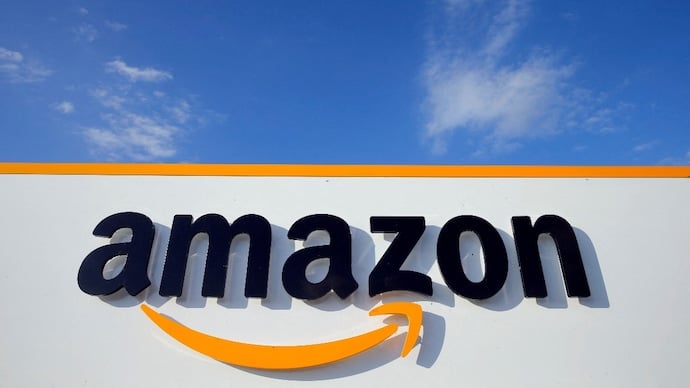Amazon is facing a hefty fine of €32 million (approximately Rs 290 crore) from the French data protection watchdog, CNIL, for implementing what is termed as an “excessively intrusive” system to monitor its employees’ activity and performance. As reported by Bloomberg, CNIL has focused its concerns on the tracking scanners used by Amazon for employee monitoring.
In a statement released on Tuesday, CNIL expressed worry about the extensive nature of Amazon’s monitoring system, emphasizing its scale and intensity, setting it apart from conventional methods. The watchdog specifically pointed out the widespread use of scanners to track employees’ activities, raising privacy and individual rights concerns.
In addition to issues related to employee monitoring, Amazon is also being fined for inadequate security measures concerning its video surveillance systems. CNIL’s decision to impose this substantial penalty underscores its dedication to safeguarding individual privacy and ensuring that companies adhere to strict data protection regulations.
In response to the fine, Amazon disputed CNIL’s findings, stating that they are factually incorrect. In a separate statement, the e-commerce giant defended its use of warehouse management systems, asserting that they are industry standard and crucial for maintaining operational safety, quality, and efficiency. Amazon highlighted the role of these systems in tracking inventory storage, processing packages in a timely manner, and meeting customer expectations.
While Amazon recognizes the necessity of monitoring systems for operational purposes, CNIL’s concerns bring up broader questions about the balance between operational efficiency and the protection of employee privacy. The fine indicates an increasing focus on the ethical implications of advanced monitoring technologies in the workplace, particularly on a large scale. Despite the fine, Amazon has expressed its intention to challenge CNIL’s decision, reserving the right to appeal.
Besides, Amazon is asking managers to assign lower performance ratings to employees who fail to comply with the Return to Office (RTO) policy. Reports from Business Insider claim that the e-commerce giant has taken a drastic step by blocking promotions for those failing to meet the stringent office attendance criteria.
According to insider sources, some Amazon employees suspect that the company’s unusually strict return-to-office policy is part of a larger strategy akin to a “quiet firing” plan. The narrative suggests that Amazon is intentionally creating challenging conditions for employees, encouraging them to leave voluntarily, ultimately helping the company cut costs without facing the backlash of outright terminations.
Source: India Today



![[CITYPNG.COM]White Google Play PlayStore Logo – 1500×1500](https://startupnews.fyi/wp-content/uploads/2025/08/CITYPNG.COMWhite-Google-Play-PlayStore-Logo-1500x1500-1-630x630.png)